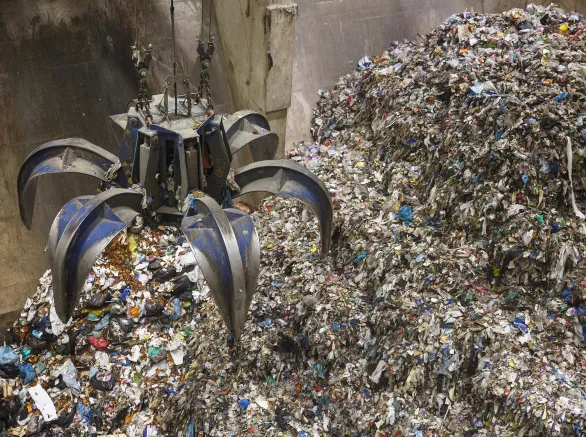

- Ph.D., Chemical & Biomolecular Engineering, University of Pennsylvania, 2019
- M.S., Chemical & Biomolecular Engineering, University of Pennsylvania, 2017
- B.S., Chemical Engineering, Bucknell University, 2013
- Professional Engineer Chemical, California, #7066
- Professional Engineer Chemical, Massachusetts, #59631
- Professional Engineer Chemical, New York, #110464
- Certified Fire and Explosion Investigator (CFEI)
Dr. Synodis specializes in the failure analysis, safety testing, and quality analysis of lithium-ion batteries and battery powered products. He supports clients across a range of sectors, including consumer electronics, e-mobility, electric vehicles, and residential and utility energy storage systems.
Dr. Synodis has led numerous product liability litigation investigations and has conducted dozens of inspections related to battery failures and fires. He has extensive experience utilizing X-ray imaging, computed tomography (CT), optical microscopy, and scanning electron microscopy (SEM) to evaluate batteries and battery-related materials.
Dr. Synodis also assists clients in their development of battery products by performing design reviews and manufacturing quality evaluations. He is experienced in performing battery safety and abuse testing at the cell, module, and system level, including both customized abuse testing and standard-guided testing (e.g., UL 1642, SAE J2464, UL 9540A).
Dr. Synodis is a chemical engineer by training. Prior to joining Exponent, he was a graduate research associate at the University of Pennsylvania, where he completed his PhD. In his time at Penn he developed processes based on MEMS techniques for the fabrication of micro-lithium-ion and micro-zinc-air batteries for use in high rate and on-chip power applications. Dr. Synodis has expertise with micro-fabrication technologies, including electrodeposition, sputter deposition, lithography, evaporative deposition, and laser micromachining. His thesis contained work on developing optimized electro-polymerization conditions of conductive polymers for use laminated multilayer microstructures.
Dr. Synodis also previously worked in manufacturing for L'Oreal USA in Piscataway, NJ, where he focused on optimizing line efficiencies and improving supply chain flexibility.
Michael's recent insights
